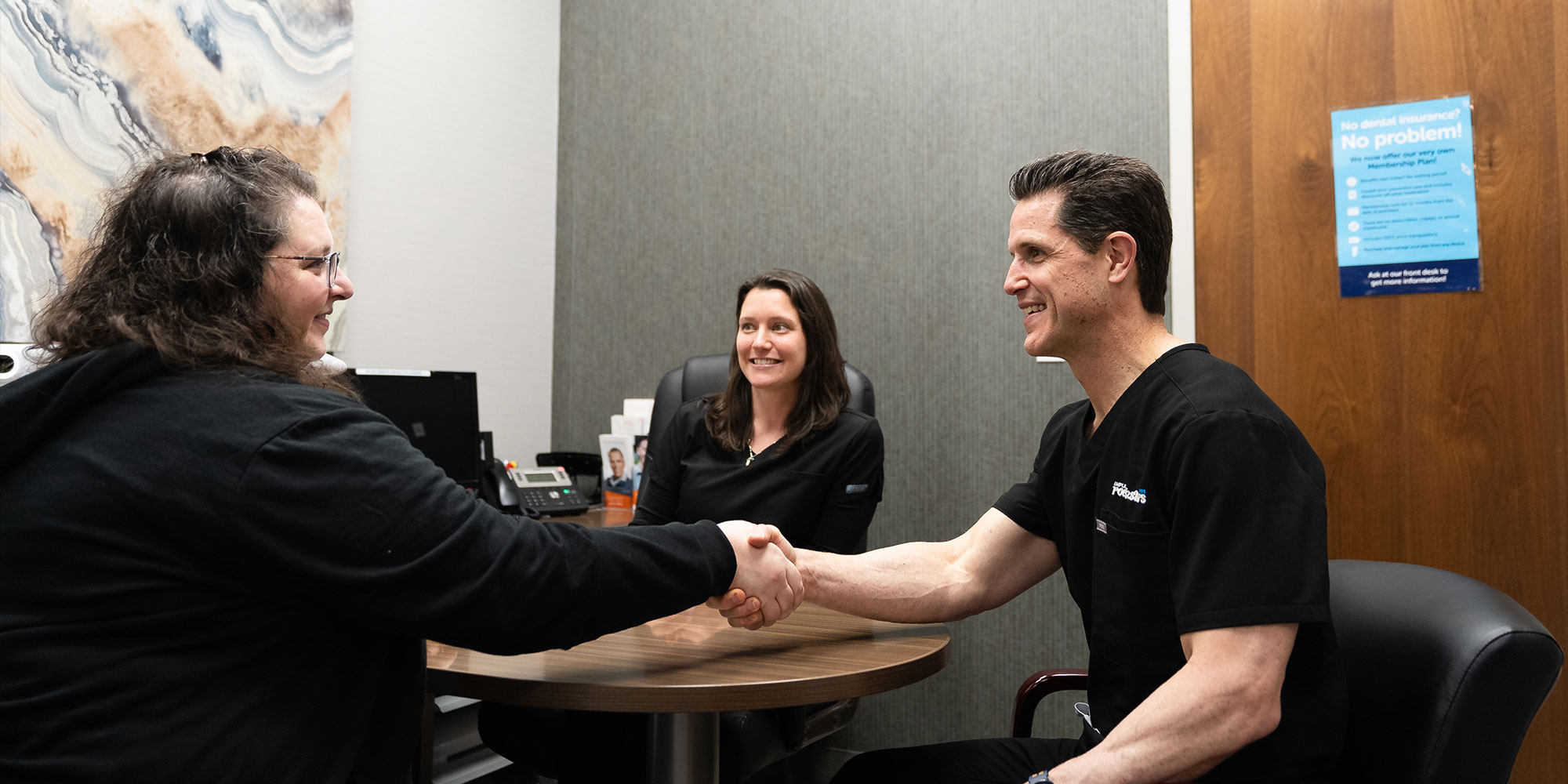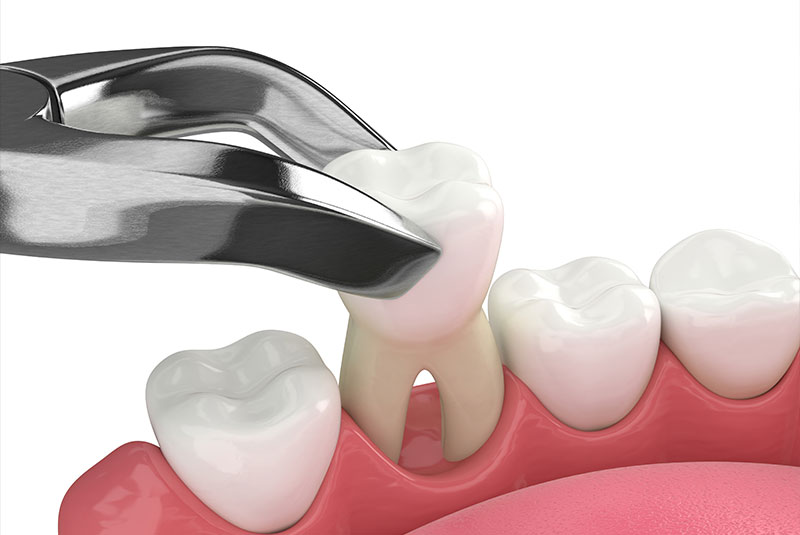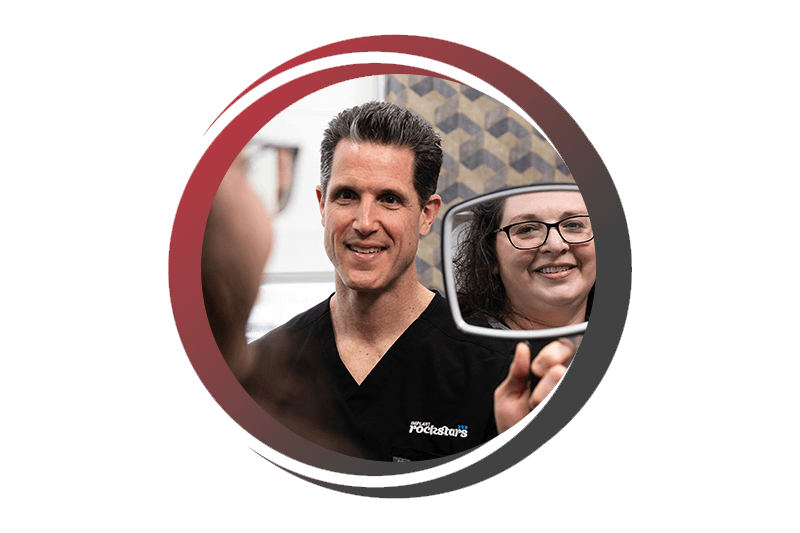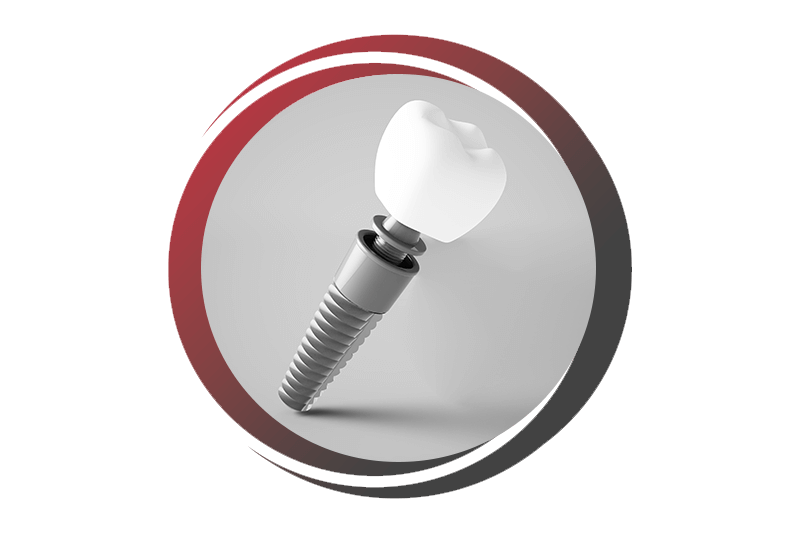
Severe pain from infected or damaged teeth can significantly impact daily life. While preserving natural teeth is ideal if a tooth is beyond repair, our team recommends extraction to safeguard overall health. Leaving a diseased tooth untreated can jeopardize surrounding teeth, bone, and gums, leading to enduring discomfort.
With specialized training, our team excels in complex extractions, welcoming challenging cases and patients with pre-existing conditions. Our advanced technology ensures a comfortable surgical experience, offering immediate replacement of extracted teeth with natural-looking dental implants. This comprehensive approach alleviates pain and restores confidence with a functional and durable smile.


Tooth extraction shouldn’t be the final step—dental implants are often recommended to replace missing teeth (excluding wisdom teeth) and restore natural function and appearance. Our extensively trained team frequently places implants during the same visit as the extraction, helping preserve your smile and bone structure. A custom crown affixed to the implant will feel and function as if your tooth were never missing.


Concord, OH
8245 Auburn Road
Concord, OH 44077
Mentor, OH
6303 Center St Mentor,
OH 44060